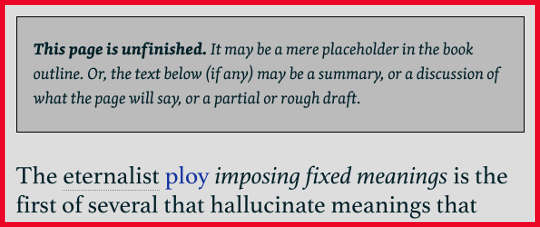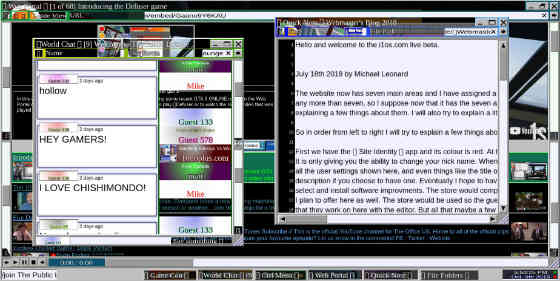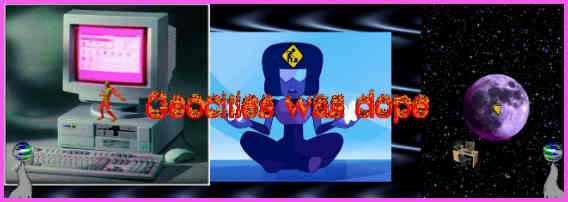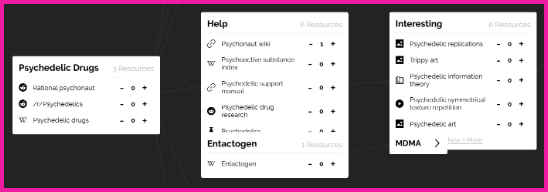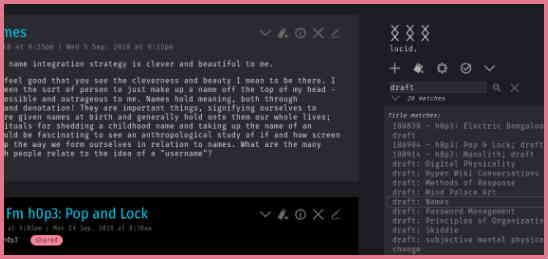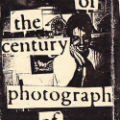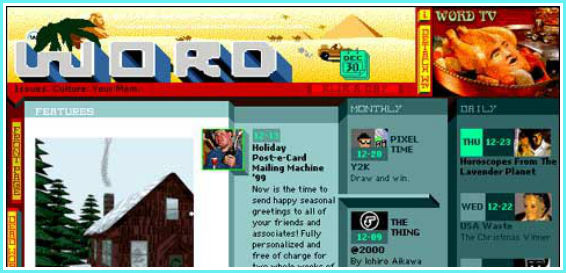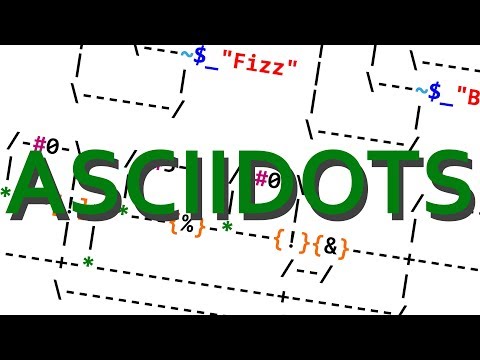
Satya Nadella ‘Reads’/‘Games’ Hacker News
From the Microsoft quarterly earnings conference call:
Satya Nadella (head of Microsoft): In fact, this morning, I was reading a news article in Hacker News[1], which is a community where we have been working hard to make sure that Azure is growing in popularity and I was pleasantly surprised to see that we have made a lot of progress in some sense that at least basically said that we are neck to neck with Amazon when it comes to even lead developers as represented in that community. So we have more work to do, but we are making progress on all dimensions.
Yeah, that’s not mere ‘reading’. There is a sense of a project to make ‘progress’ using this forum to steer people on the network toward Azure. And using their influential employees to influence the discussions.
I get that this is how society works: people influence each other and it behooves an organization to survive—by persuading people through any means it can.
No, wait—sorry. Not through ‘any’ means. For example, using subterfuge will often backfire. It is a dangerous technique, innit? Say I hired a bunch of eager fellas to go on news sites and forums, to bring up ‘Kicks Condor’—to link to me, fawn about me, endlessly recontextualize me—this is what is happening to you, this is why you are here, you are entrapped in my game—the unique ‘Kicks Condor’ brand with its iconic sign on a pixel chair. Have you heard? He’s rumbling up—he’s ascendant. There is a certain measurable mindshare now emerging on the flatscreens. Why, it’s more dazzling and varied than I myself had previously dictated to my personal autonomous pocket assistant! (Can this be happening to me??) Look at the pixel chair. You’ll see it again soon.
Question: does gaming the algorithm undermine the algorithm? Or is it the point of the algorithm? I’m asking all of you out there—is the algorithm designed to continue feeding us the same narrative that we are already upvoting? Or can the upvotes trend away?
Or are the upvotes just bullets in some game of Fortnite where Satya Nadella is spraying us from high above with his army of toadies that have spammed the server so that he is not just one squad—but all the squads logged in—at least for the next two minutes? Until Eric Schmidt logs on and mows down all the independent links running for cover?
I’m not sure if I can say that they are manipulating the feed—but having spent some time on the ‘new’ page, it only takes about three votes to push something toward the front page. If you have ten people doing this, then you are gaming the algo. Hobbyists won’t have this kind of paid workforce. And it’s interesting how openly he discusses molding that community as if it’s his medium.
In case you haven’t heard of it Hacker News is a text-only link aggregator, a kind of proto-Reddit that has a ton of homebrew charm along with straight-up startup culture hustling. It has remained one of the more reliable sources of good shit. ↩︎
This post accepts webmentions. Do you have the URL to your post?
You may also leave an anonymous comment. All comments are moderated.


